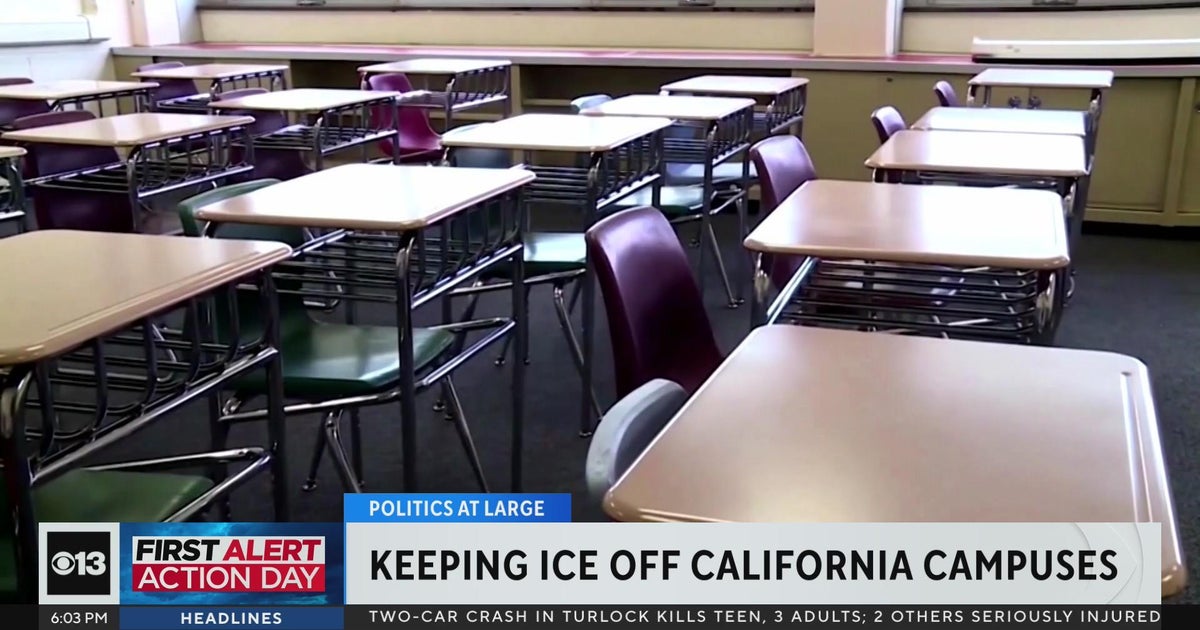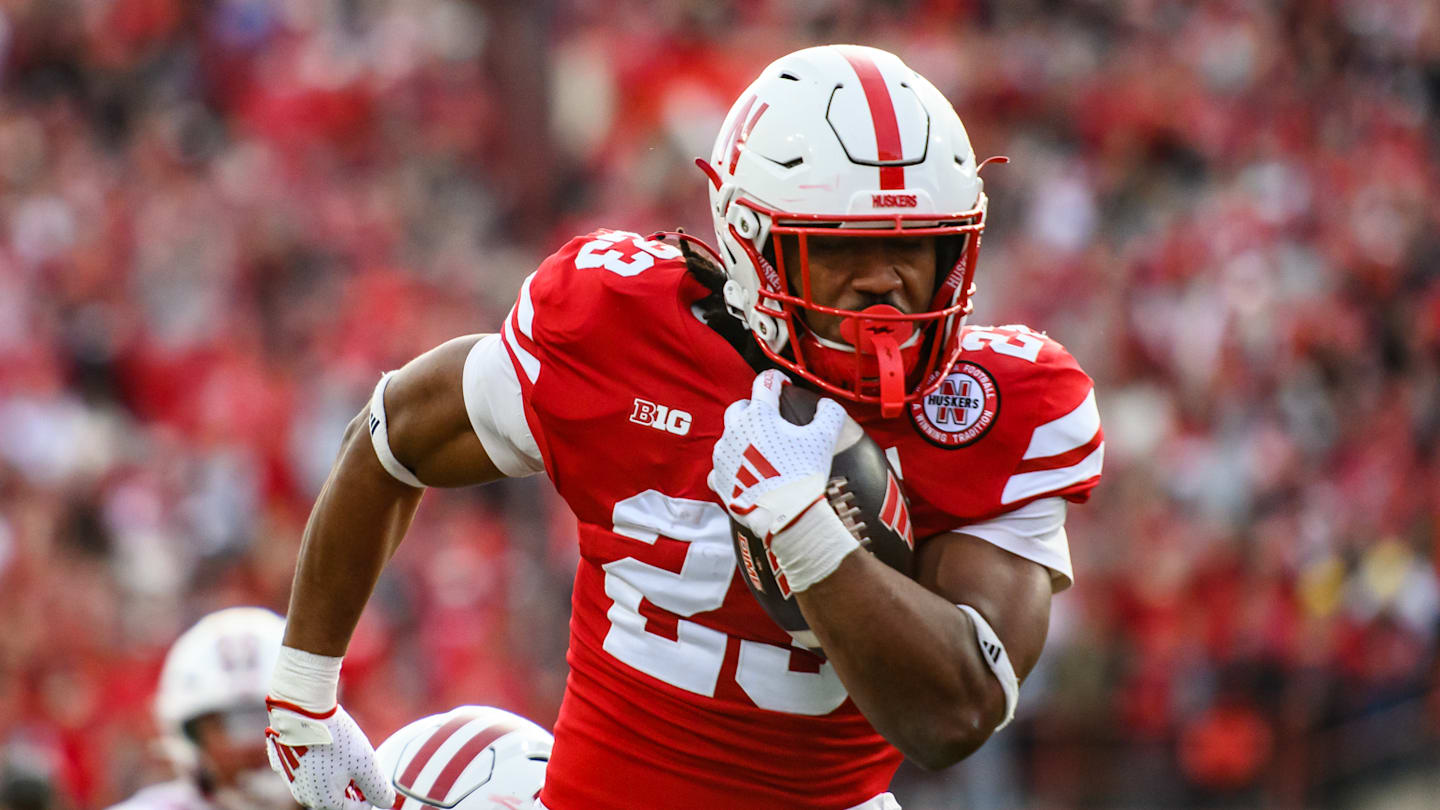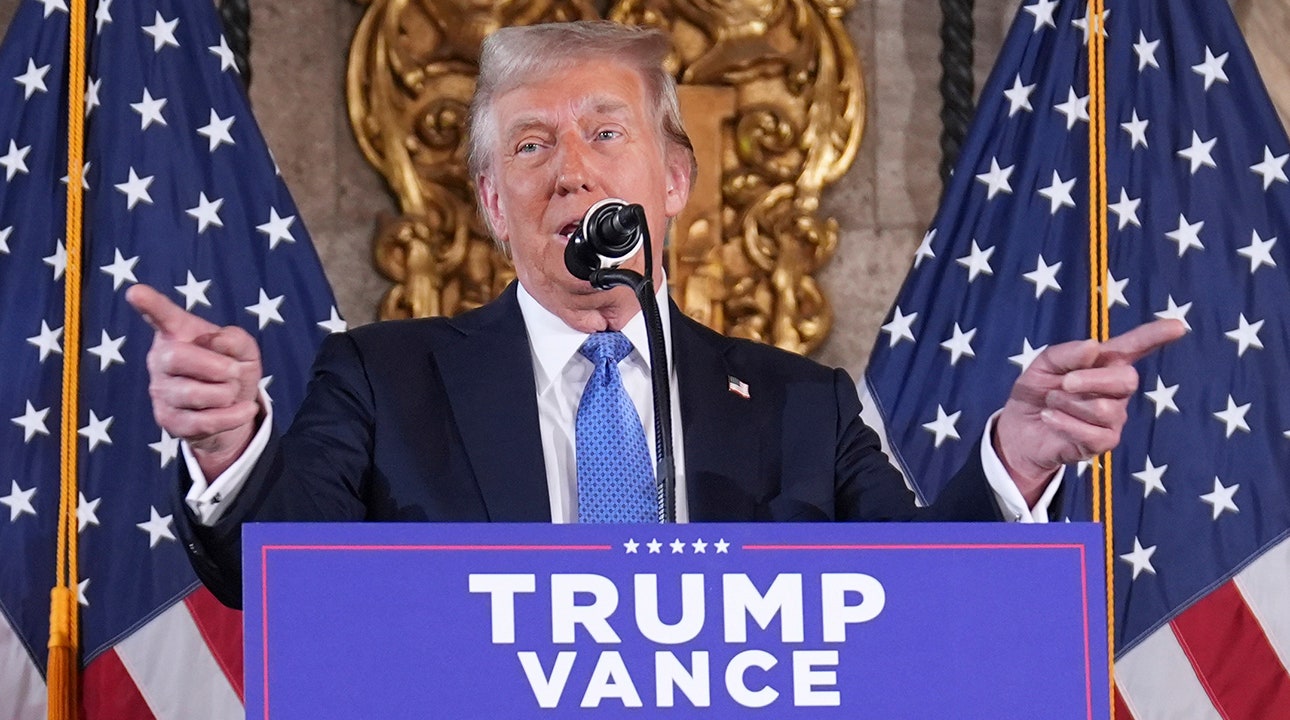The Legislature’s GOP-controlled finance committee on Tuesday approved increasing K-12 education spending by $1 billion, $1.6 billion less than what Democratic Gov. Tony Evers requested in his budget.
The increase will go toward funding both public schools, which Evers prioritized, and the state’s voucher programs, which Evers had originally sought to limit in his budget despite Republican calls to dramatically expand it.
Many of the education provisions the budget committee approved Tuesday along party lines were first announced last week as part of a deal between Republican legislative leaders and Evers on a separate bill to increase local aid to communities across Wisconsin. Republicans have for months said they would increase spending on public schools if Evers agreed to spend more on the state’s voucher programs.
People are also reading…
On this episode of Rewind: Your Week in Review, Emilee and JR discuss the ending of the standoff between top Republicans and Gov. Tony Evers over a bill to overhaul funding to local governments and save Milwaukee from a looming fiscal crisis. Assembly Speaker Robin Vos, Senate Majority Leader Devin LeMahieu and Gov. Evers reached a deal last Thursday to give every municipality a minimum increase of 20% in state aid, including allowing Milwaukee officials, instead of voters, to raise their local sales tax in part of a much larger package to increase funding to K-12 schools.
Watch: https://wiseye.org/2023/06/09/rewind-your-week-in-review-june-3-9
Subscribe: https://wiseye.org/newsletters
Donate: https://wiseye.org/donate
#wisconsineye #wisconsin #wipolitics
Education increases
As part of the overall education boost, the Joint Finance Committee approved spending $107 million to cover 33.3% of school districts’ special education costs, a slight increase from the current 30% but far less than the 60% Evers requested.
“Not increasing special education reimbursement to the rate that school districts across the state need, in my opinion, is the single clearest example of whether this is a successful budget for education or not,” Rep. Evan Goyke, D-Milwaukee, said.
New state division would enforce alcohol laws under Wisconsin proposal
The committee approved spending $30 million on grants to school districts to provide mental health services to students. It also approved spending $115 million to increase funding to the state’s private school voucher programs.
Additionally, it set aside $50 million to improve reading outcomes for K-12 students, an amount Republicans requested for a separate reading proposal, though the budget doesn’t clarify exactly how the money will be implemented.
Just 37% percent of third- through eighth-grade students who took the Forward Exam in 2021-22 scored proficient or advanced in English and language arts, a minor improvement from the year before.
Evers has called for a 10% tax cut for individuals earning $100,000 or less a year and married filers making $150,000 or less.

The governor’s budget proposal is all but certain to receive pushback from legislative Republicans, who have championed the need to implement a flat income tax in Wisconsin.

Evers on Tuesday also unveiled proposals to cut taxes, increase local government funding, spend more than $100 million to deal with PFAS contamination and support child care providers.

Around a third of students across Wisconsin feel sad and hopeless almost every day, according to the Office of Children’s Mental Health.

Wisconsin’s latest fiscal outlook projects the state will wrap up the current fiscal year with about half a billion dollars more than previous projections.

The two top options being discussed are adjusting the state’s income tax to benefit middle class earners or eliminating the current tax and creating a 3.25% flat tax.

Evers will unveil his formal budget request on Feb. 15. From there, the Republican-controlled budget committee will rewrite the document before sending it back to the governor.

Of the more than 4.2 million licensed drivers in Wisconsin, 770,000 had at least one OWI citation or conviction as of the end of 2021.



























/cdn.vox-cdn.com/uploads/chorus_asset/file/25782636/247422_ChatGPT_anniversary_CVirginia.jpg)
/cdn.vox-cdn.com/uploads/chorus_asset/file/25789444/1258459915.jpg)

/cdn.vox-cdn.com/uploads/chorus_asset/file/25546252/STK169_Mark_Zuckerburg_CVIRGINIA_D.jpg)
